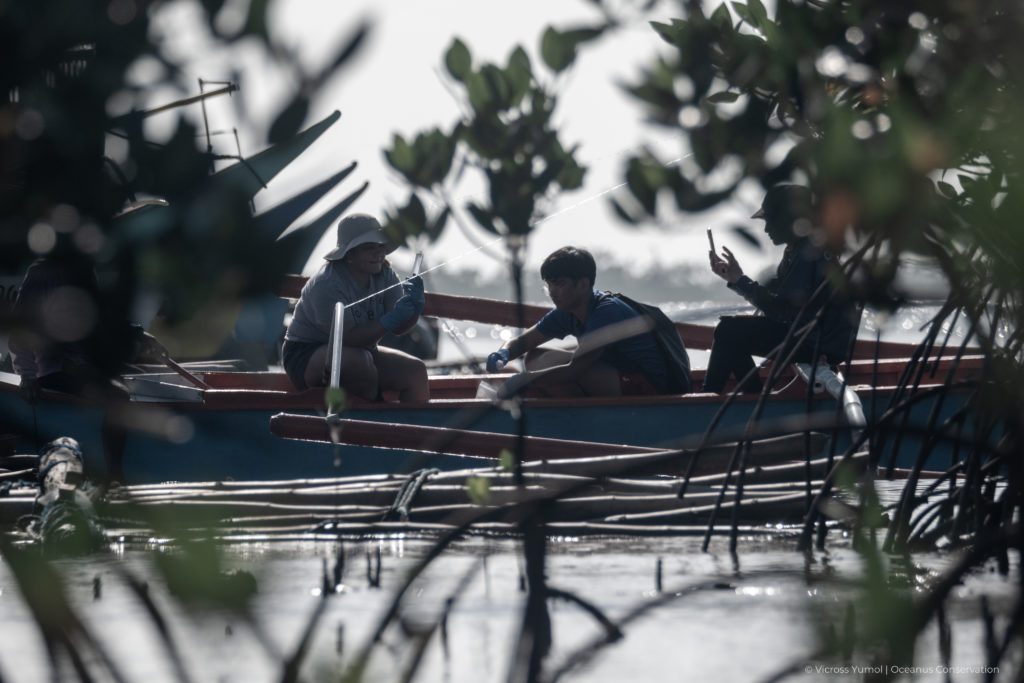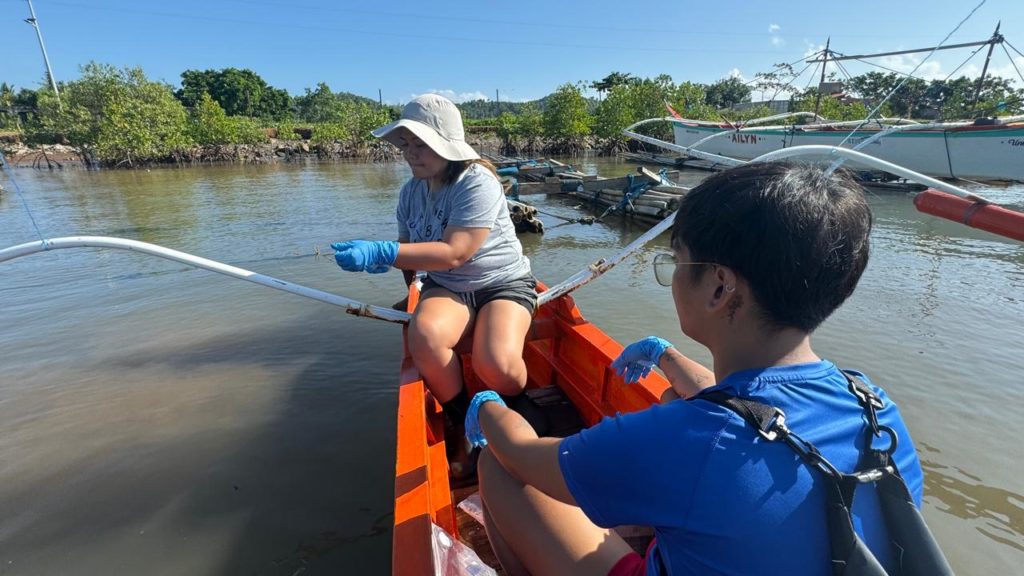Oceanus Conservation conducts eDNA collection of coastal species using the Environmental DNA (eDNA) filtration method on March 23, 2024, at Aras-asan, Cagwait, Surigao Del Sur.
Environmental DNA (eDNA) is an emerging, non-invasive approach to studying the genetic material (e.g., mucus, feces, and other tissue particles) shed by animals and plants into the water to determine their genetic footprint. Water samples were taken at the study site using a specialized eDNA filtration kit. SimplexDNA will analyze the samples collected at Cagwait through metabarcoding to determine the species present.


The eDNA method can help improve the accuracy and efficiency of ecological surveys, such as mangrove and seagrass assessments without an invasive approach (i.e through trapping organisms in nets). The resulting data provides a link to biodiversity, encompassing wildlife and microbes. Furthermore, this non-invasive technique could produce better strategies for biodiversity conservation in Cagwait. Oceanus aim to collect data prior to restoration and after restoration of the site to get an understanding of the biodiversity exists in the area. We want to thank GainForest and SimplexDNA for this collaboration!

